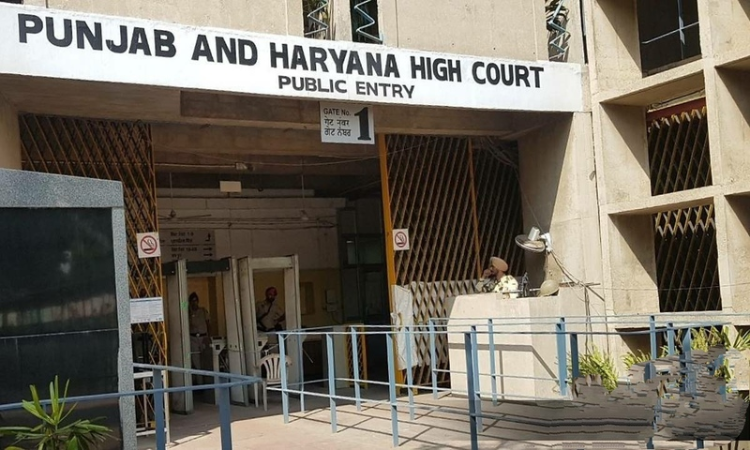Rejection Of Compromise May Lead To Ill-Will, Pendency Of Trial Affects Career & Happiness: Punjab & Haryana High Court
LIVELAW NEWS NETWORK
6 April 2022 10:43 AM IST

Next Story
6 April 2022 10:43 AM IST
The Punjab and Haryana High Court recently quashed a FIR registered against the Petitioner-accused for allegedly causing hurt by dangerous weapons to the complainant-victim, which is a non-compoundable offence punishable under section 324 IPC, on the basis of a compromise between the parties.The bench of Justice Anoop Chitkara observed that rejection of compromise may lead to ill will....
